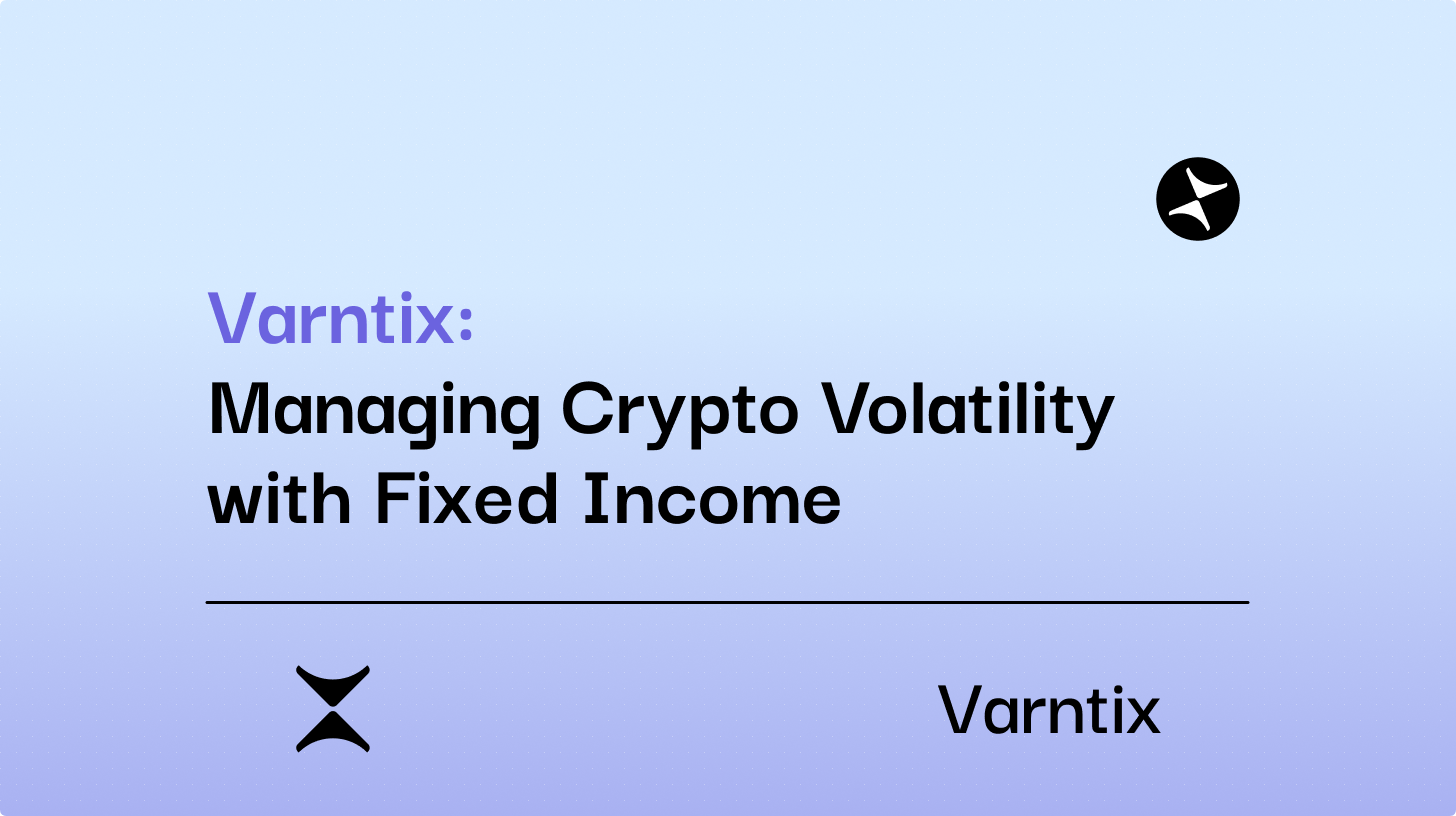Unlocking Opportunities for Qualified Investors
Summary - Qualified Investors Explained
A qualified investor refers to an individual or organization meeting specified financial standards, granting them access to exclusive investment opportunities beyond the reach of the general public. Typically, these investors are affluent individuals, financial entities, or organizations possessing substantial assets or income. This concept is widespread in financial circles and is utilized to determine eligibility for investments in private offerings, hedge funds, venture capital, and other non-conventional financial instruments.
Defining a Qualified Investor
A qualified investor is someone, whether a person or an organization, who satisfies particular financial criteria established by regulatory bodies, such as the Securities and Exchange Commission (SEC) in the U.S. These criteria ensure that only those with adequate financial acumen and resources can engage in investment opportunities that entail higher risk levels.
Criteria for Financial Eligibility
While the requirements to be deemed a qualified investor may differ by location, they usually encompass one or more of the following conditions:
- Income Threshold: Individuals must surpass a designated annual income level for the preceding two years. The income threshold is often elevated for married couples filing taxes jointly.
- Asset Value Requirement: Individuals must demonstrate a minimum net worth, not including the value of their primary residence. This is calculated by evaluating the person's total assets against liabilities.
- Institutional Classification: Some entities, like banks, insurers, and registered investment companies, automatically qualify as accredited investors due to their nature.
Investment Options for Qualified Investors
Qualified investors gain access to a wider array of investment options compared to their non-qualified counterparts. Investments exclusive to qualified investors can include:
- Non-Public Offerings: These investors can engage in private offerings, which involve securities not registered with regulators. Such offerings are commonly initiated by startups, nascent companies, or private equity entities.
- Funds of Hedge and Private Equity: Qualified investors can put money into hedge and private equity funds, which are alternative investments targeting superior returns through varied strategies.
- Venture Investment Funds: These investors can contribute to venture capital funds, supplying capital to early-stage and rapidly growing businesses in exchange for equity stakes.
- Real Estate Group Investments: They can partake in real estate syndications, collaborating with others to finance significant real estate ventures.
Advantages and Perils for Qualified Investors
Qualified investors can tap into specific advantages and opportunities unavailable to non-qualified individuals, such as:
- Exclusive Investment Access: They can invest in exclusive opportunities, potentially accessing high-growth ventures.
- Portfolio Diversification: They can enhance their investment portfolios by allocating funds to alternative investments, which might not align with traditional asset classes.
- Higher Return Prospects: Alternative investments often present potential for greater returns relative to conventional investments.
However, it's critical to consider the risks associated with alternative investments, including:
- Increased Risk Level: Such investments are generally more volatile and risky compared to traditional options, with a higher chance of losing capital.
- Low Liquidity: Many alternatives lack liquidity, making it difficult to divest or exit before a specific timeframe.
- Investment Complexity: Understanding and evaluating these investments requires substantial financial expertise and knowledge.
Regulatory Aspects for Qualified Investors
Regulatory bodies, including the U.S. SEC, impose specific rules and restrictions on investments accessible to qualified investors. These regulations aim to safeguard investors, ensuring they possess the necessary financial understanding and means to evaluate the risks tied to alternative investments.
It is imperative for qualified investors to adhere to these regulations and engage in comprehensive due diligence before making any investment. Collaborating with knowledgeable financial advisors and professionals can assist in navigating regulatory complexities and making sound investment choices.
Summing Up
Qualified investors are individuals or organizations meeting defined financial standards, enabling them to engage in select investment opportunities inaccessible to the general populace. They enjoy a broader spectrum of investment options, such as private placements, hedge and venture funds, and real estate syndications. Despite the advantages, they must confront higher risks and regulatory concerns. It is essential for these investors to scrutinize opportunities carefully and seek expert guidance to make well-informed investment decisions.









